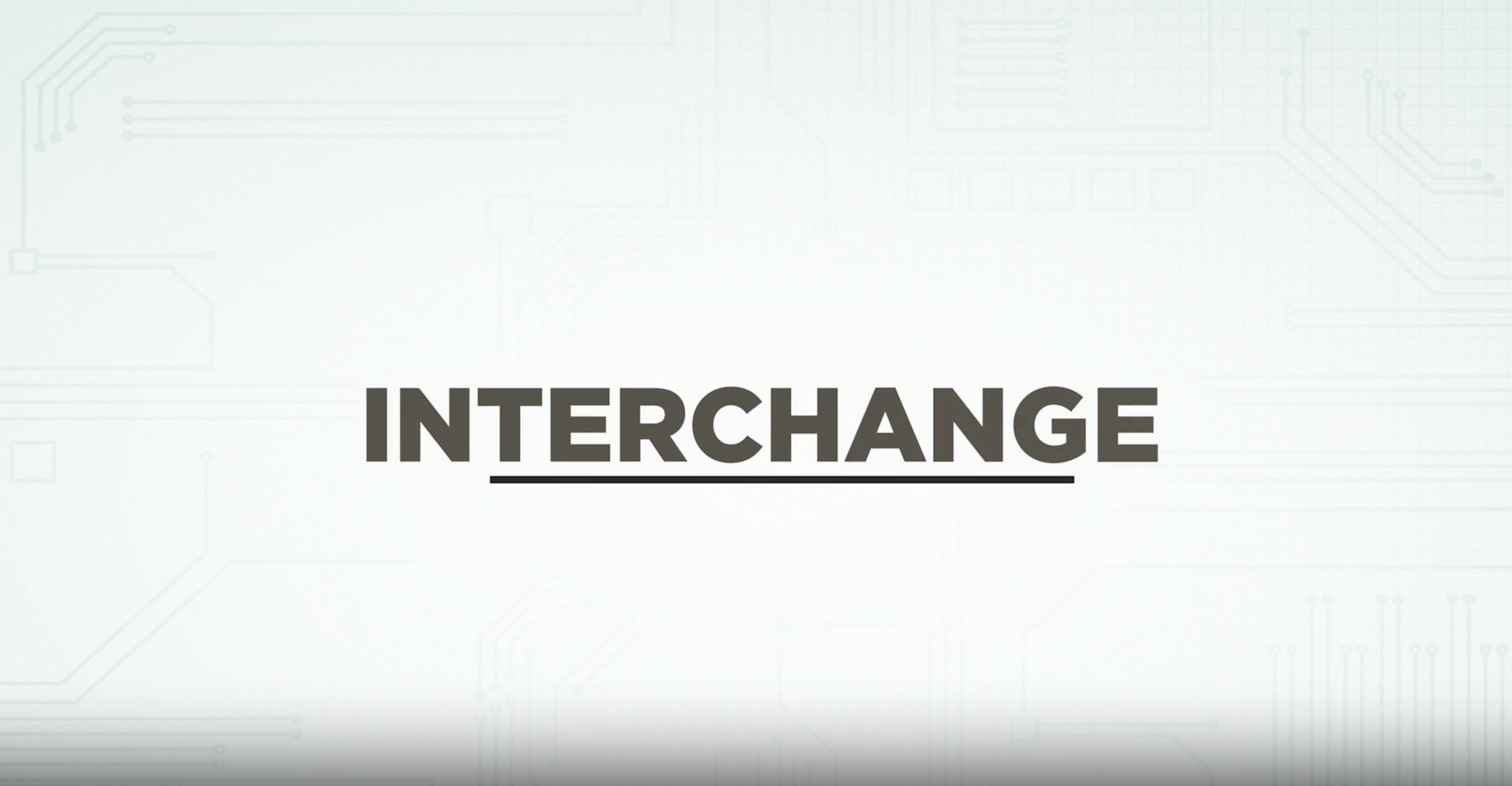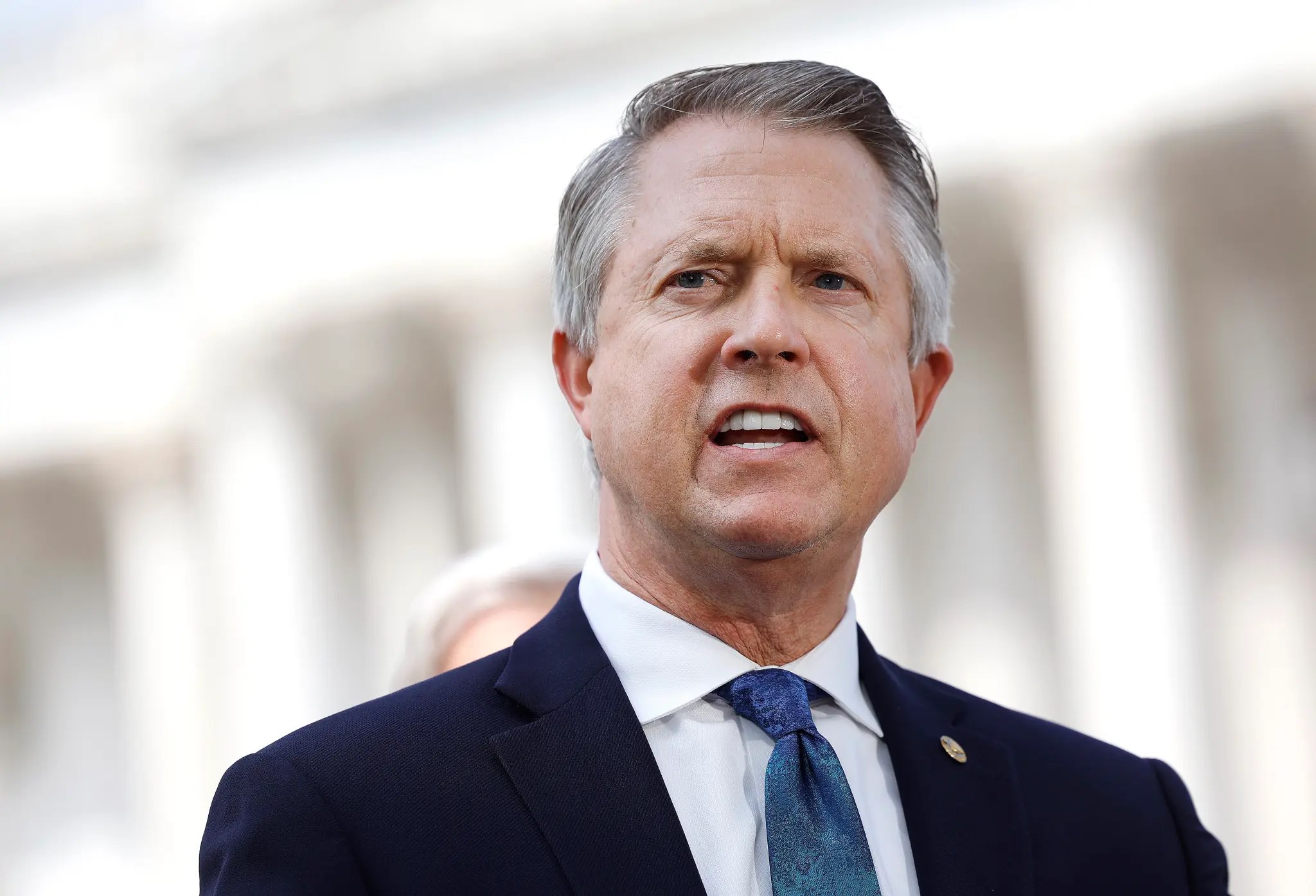Guard
Your Card
Americans Lose When Politicians Choose
Millions of Americans love using their credit cards – the most secure, hassle-free, and worry-free way to pay. Credit cards alert customers to potential fraud, giving them financial safety and peace of mind. They also provide convenient payment options and rewards families use to pay for everyday goods like gas and groceries or trips to see friends and family, all supporting our nation’s economy.
However, some politicians in Washington, D.C. are trying to pass a law jeopardizing the system that works for consumers and small businesses.
The Durbin-Marshall Credit Card Mandates would mandate your credit cards can run on alternative networks – not the trusted and stable networks you probably use today – and there is no guarantee the convenience, zero-liability fraud protection, and rewards programs you know will remain. Corporate mega-stores will make more money while you sacrifice your payment convenience, rewards, and peace of mind.

What's at risk?
Get the Facts about the Durbin-Marshall Credit Card Mandates
Less Innovation. Higher Risk.
The Durbin-Marshall Credit Card Mandates would shift your credit card purchases to untested, potentially less secure and higher-risk payment networks.
Slash Consumer Rewards.
The Durbin-Marshall Credit Card Mandates would eliminate funding for popular credit card rewards programs, impacting 71% of Americans who rely on these benefits for savings.
Impact on U.S. Families.
In 2022, US card rewards totaled roughly $68 billion, aiding families across income levels with expenses like groceries and back-to-school shopping. Credit card routing mandates would erase these valuable credit card rewards programs.
No Savings for Consumers.
They’ve done it before. Back in 2010, Senator Durbin enacted similar mandates on your debit cards and instead of passing those savings along to consumers, the corporate mega-stores pushing for these credit card mandates pocketed the savings. And, your debit card rewards disappeared.
Disregards Consumer Security.
The top reason consumers select a credit card over other forms of payment is security. Credit cards issued by Visa and Mastercard offer zero liability when a transaction on their branded card is processed on their network. Recent studies show that the top reason (79%) consumers choose their credit card is based on data security.
Increases Fraud Risk.
After Senator Durbin passed similar routing mandates for debit cards in 2010, the fraud rate for debit cards increased by NEARLY 60% in subsequent years. A similar outcome for credit cards could cost MORE THAN $6 BILLION in additional fraud and likely require passing much of the bill onto consumers.
The Value of Credit Card Payments
Credit cards are tremendously valuable to small businesses, financial institutions, and consumers alike.

What is Interchange?
Interchange is what merchants pay in order to accept and process credit and debit cards. This amount – about 2% of a credit card purchase – pays for the services credit cards offer, including zero-liability fraud protection, rewards and instant, hassle-free payments. In other words, interchange is essential to our global payments ecosystem. Financial institutions invest interchange revenue into the payment system to ensure continued innovation, efficiency, and safety for customers and businesses alike as well as cover the associated risk of fraud or nonpayment.
Threats
Click on an image to learn more about the culprits behind the Durbin-Marshall Bill

















